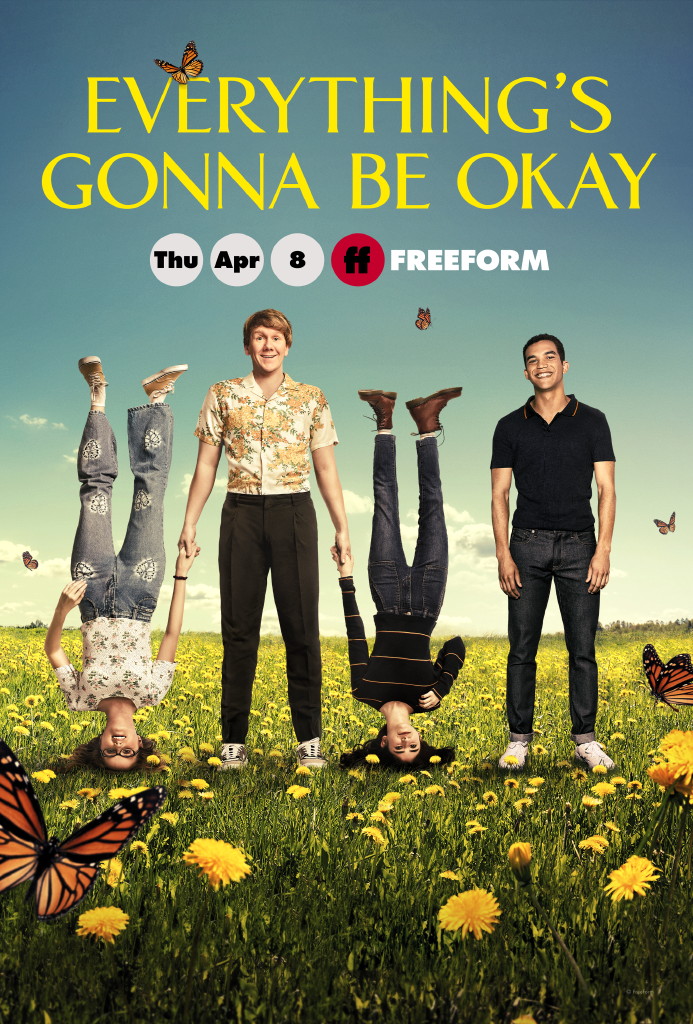By Rick Gables
Freeform will premiere season two of its critically acclaimed comedy series Everything’s Gonna Be Okay on Thursday, April 8, at 10 p.m. ET/PT, with two back-to-back episodes. After their heartbreaking trip to New York, the Moss family and Nicholas’ (Josh Thomas) boyfriend, Alex (Adam Faison), are just trying their best to move forward. With everyone back home, Matilda (Kayla Cromer) is rethinking her life goals, Genevieve (Maeve Press) starts putting herself out there – even dating – and Nicholas is working out how to balance being a brother, parental figure, boyfriend and cute entomologist. This season also welcomes new eccentric friends, unexpected hookups and a lot more bugs.
National Geographic Channel will premiere its adrenaline-fueled global competition series, Race to the Center of the Earth, on Monday, March 29, at 10 p.m. ET/PT. Four teams of three are pitted against one another in a nonstop sprint across the globe for a $1 million prize. Racing from different corners of the planet — South America, Russia, Canada and Southeast Asia — the teams will face untamed jungles, frozen arctic, arid deserts, bustling cities, treacherous mountains and vast oceans to reach the location where all four routes intersect. The first team to arrive at the buoy claims it all. On the premiere episode, “Hit the Ground Running,” teams of co-workers, rock climbers, cops and teachers are spread out across the world and racing toward the same finish line. As the race begins, teams must work together to win. For one team, a steep challenge on day one will test their mettle.
PBS will premiere Extinction – The Facts on Wednesday, March 31, at 8 p.m. ET (check your local listings). Presented by Sir David Attenborough and featuring some of the world’s leading scientists, this is an up-to-the-minute report on what extinction and biodiversity loss mean, not just for the planet, but for us as a species. The program reveals how this crisis has grave consequences for us all – threatening food and water security, reducing our ability to control our climate, and putting us at greater risk of deadly pandemic diseases, including COVID-19. It reveals what is happening to the natural world, how human activity drives extinction, and why we have not acted sooner to stem these losses. The program examines the many ways that humans are driving this loss of biodiversity. The illegal wildlife trade, overfishing, climate change, pollution and land use change are all threatening our world’s delicate balance.

